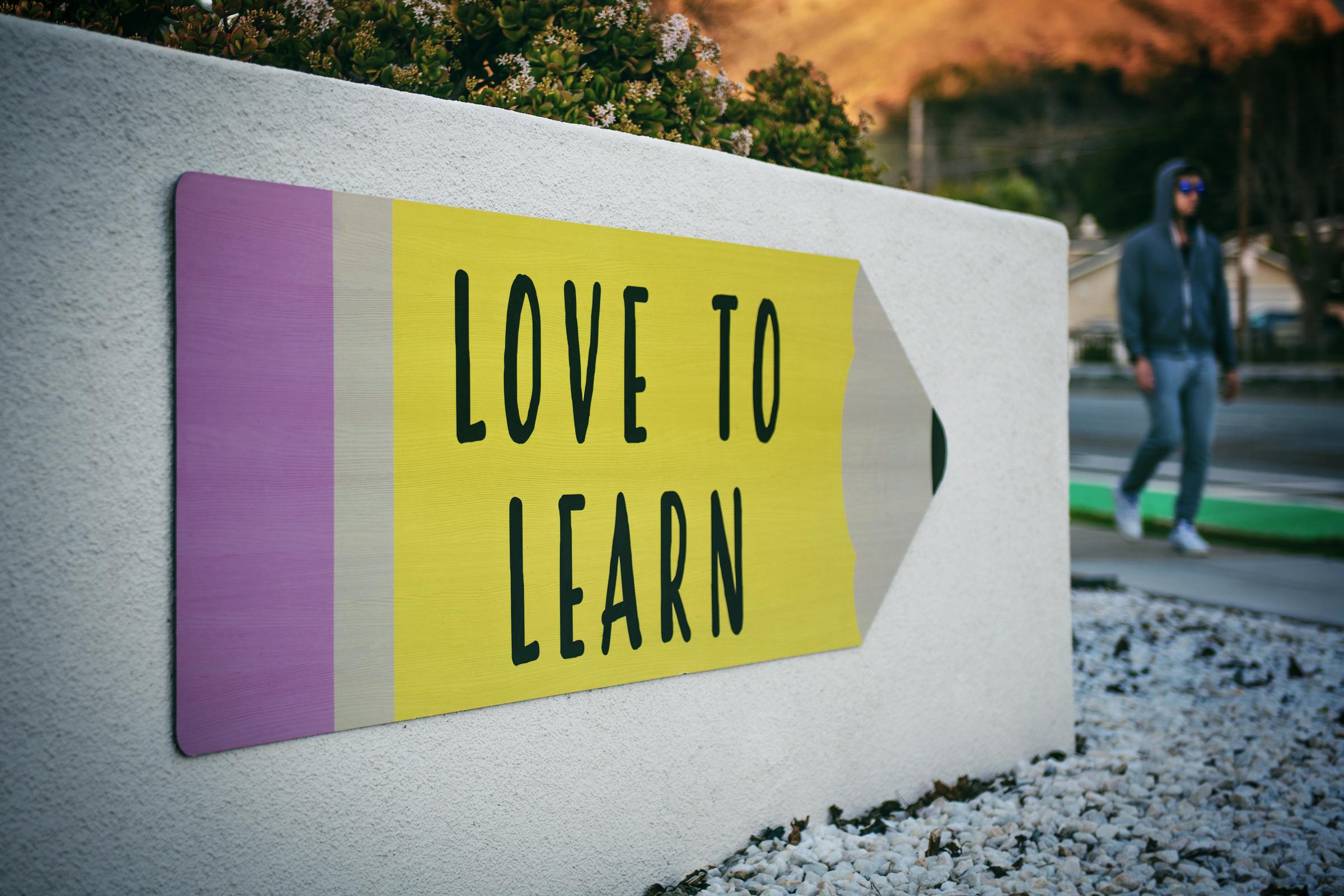Reading Comprehension

How can I assist my child at home to improve their reading comprehension?
The word ‘comprehension’ may have popped up in your child’s school report or parent-teacher conference. Without comprehension, reading is a frustrating, pointless exercise in word calling. A primary goal of reading comprehension instruction, therefore, is to help students develop the knowledge, skills, and experiences they must have if they are to become competent and enthusiastic readers.
So how can I help my child at home to further develop their comprehension of various texts? The more traditional way is to listen to them read and ask them questions about the text.
- What happened in the beginning, middle and end of the story?
- Summarize the chapter.
- Who were the main characters? Can you describe them?
- Why do you think the character was feeling that way?
- Where was the story set?
- What was the main idea of the article you read?
- Do you agree with the opinion of the author?
- How could you change the ending of the story?
Whilst these questions have their place in developing comprehension strategies, scientific research has discovered that successful readers bring two other vital elements to a text. These are a wealth of background knowledge and vocabulary. Research studies have shown that bringing these two elements to a text significantly increases readers' ability to comprehend what they read. Put simply, the more you know about a topic; the easier it is to read a text, understand it, and retain the information. Also, when you are learning about a topic, you encounter new vocabulary.
Therefore ways to further develop your child’s ability to comprehend reading texts is to:
- Enhance and develop their vocabulary through general everyday discussions. Introduce new words into the conversation and reinforce those words in other contexts.
- During outings or reading books together, discuss any new vocabulary. Reinforce the new words in future conversations.
- When you are visiting places with your child (zoo, park, doctor, city, war memorial, aquarium, museum etc. discuss new concepts and ideas.
- Read fiction and non-fiction books to your child, even up to Year Six. This way, you are sharing texts they may not be able to access through their reading ability. Discuss new vocabulary or concepts that may be presented in the text.
- Playing word games together to expand vocabulary and general knowledge.
- Listen to student-friendly podcasts, such as “A Podcast for Curious kids” and “Wow in the World.”
Finally, new scientific research into the function of the brain when reading is constantly emerging. Studies have shown that good readers use their background knowledge—vocabulary, facts, and conceptual understanding—to comprehend the text they read.
At St. Joseph’s, we have a strong focus on a knowledge-rich curriculum in the key learning areas, such as Science, History and Geography. This ensures that the students are explicitly taught the content knowledge of these subject areas.
As parents, you have unique opportunities to deepen these areas required for reading comprehension.
If you would like further information on this topic, I have included a link to the article “Background Knowledge and Reading Comprehension.”
https://scholarwithin.com/background-knowledge-reading-comprehension
Amanda Jackson
Structured Literacy Leader



